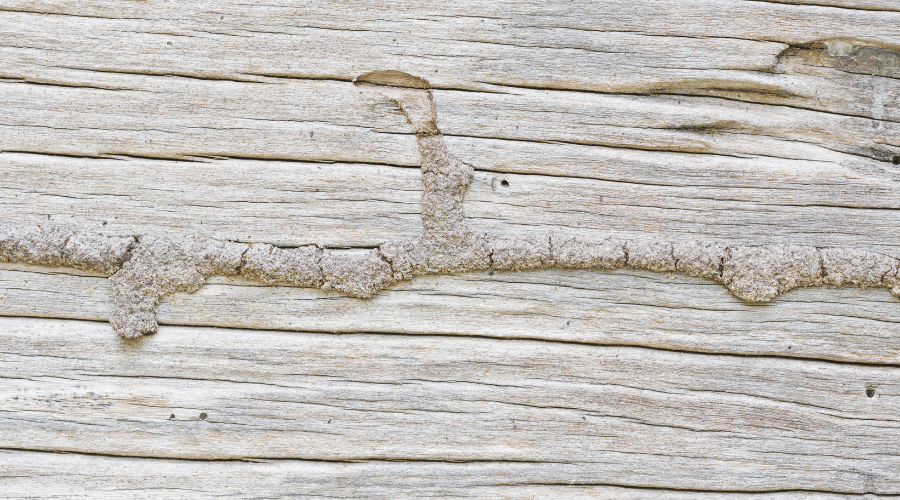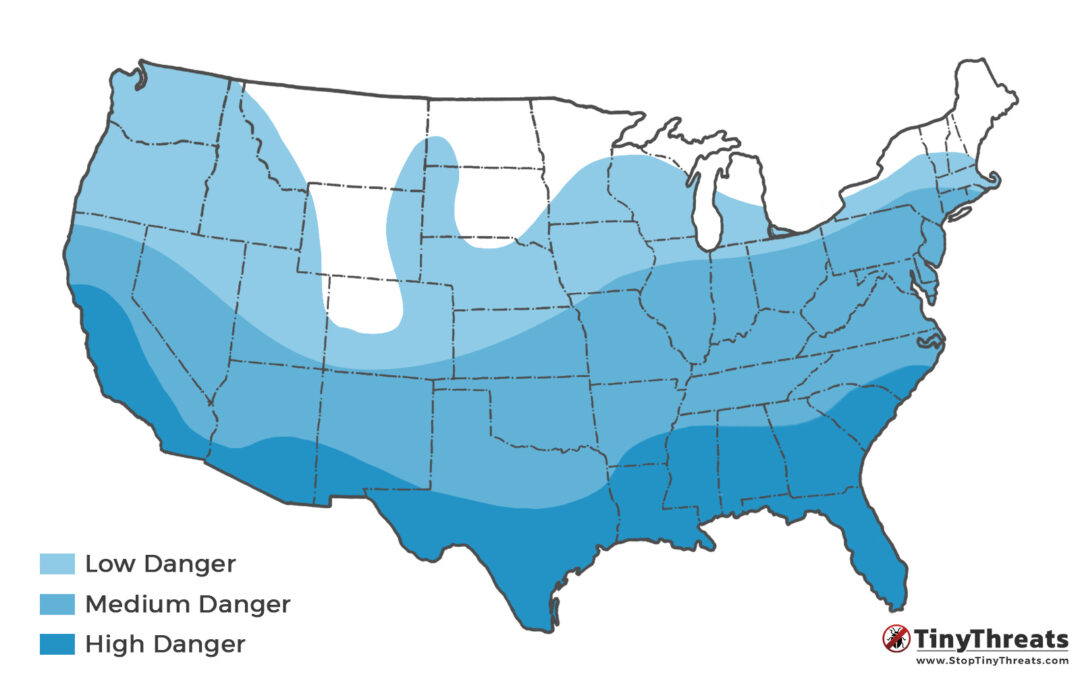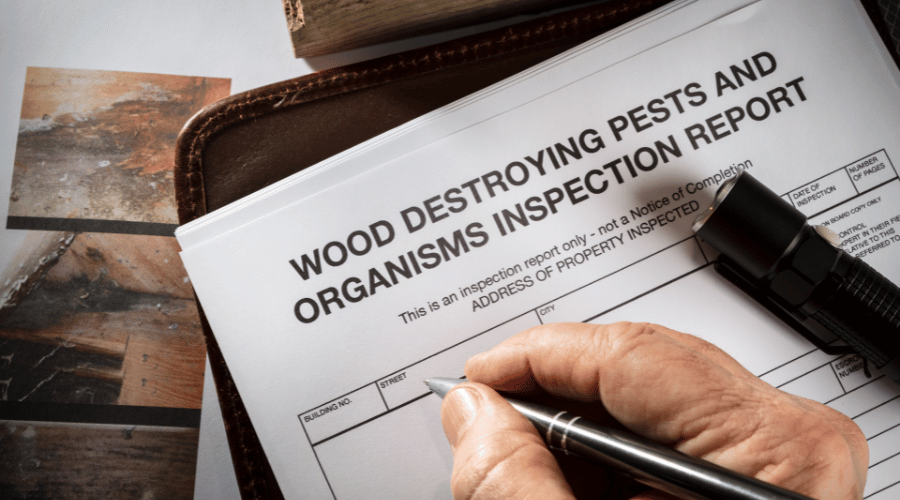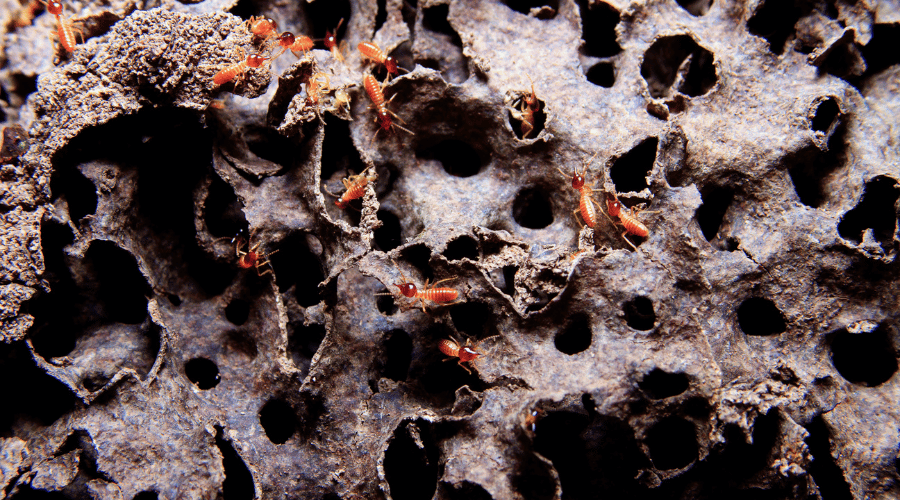Mud tubes are a telltale sign of termites and should not be taken lightly. These infestations can cause massive damage to your home if left untreated.
These mud tubes, also called termite trails, are created by subterranean termites as they travel from their underground nests to the wood in your home or other building structures.
The mud tubes act as pathways for the termites to reach food sources without being exposed to predators or environmental elements.
It is important that homeowners take action if mud tubes are spotted around their property, as it could indicate an infestation of these destructive pests.
In this blog post, we will explore what mud tubes look like, why they’re so concerning, and what you can do about them if you find them on your property.
Table of Contents
Why termites build mud tubes
Termites build mud tubes for a variety of reasons including protection from predators and the elements, as well as staying cool when temperatures are high.
However, only subterranean termites (including Formosan termites) build mud tubes.
Mud tubes, which can reach up to six feet in length, act as insulation for the termites who inhabit them by keeping the temperature inside relatively regulated and providing a barrier from outside factors.
In addition to being insulated from extremes of temperature, mud tubes keep out unwanted attackers, who would otherwise do harm to the termite colony.
The tunnels also provide protection against flooding, since they usually lead all the way up to the surface and allow water an easy escape route.
Learn more about these mud tubes in our dedicated article!
Should you destroy mud tubes?
If mud tubes are destroyed, the termites will simply rebuild them elsewhere. This could be a more difficult process for homeowners to identify and could cause termites to move further into the home’s infrastructure, leading to more costly damage.
In short, there’s no point in destroying mud tubes – it will only make extermination more difficult.
However, you may want to break open one or two, just to observe how many termites are crawling through them, and if or how fast the tunnels get rebuilt.
Should you spray pesticides?
When looking for solutions for a termite infestation, many people mistakenly think it is best to spray pesticides directly on or into the mud tubes. This is ineffective at best, and completely futile at worst.
While spraying pesticides may initially kill a few individual termites that come in contact with it, this will not even help to eradicate an infestation.
One successful form of pesticide is the application of special termiticides like the ones in above-ground bait traps. These contain poisoned food which will eventually be brought back by the termite workers and distributed throughout the colony – possibly even reaching the queen who must be killed in order to stop the spread of more termites.
Treatments that stop subterranean termites
Soil Treatments
One of the most effective treatments for combating these pests is through chemical soil treatments, as it allows you to make sure that the entire colony is eliminated.
In particular, liquid treatments around the home’s foundation will target and penetrate the nests where subterranean termites are located. An added benefit of this type of treatment is that it also shields against new infestations by creating a barrier against them.
All about chemical soil treatments against termites >>
Bait Traps
Additionally, another widely accepted method to combat their spread is through termite bait systems, which contain attractive food sources infused with deadly poisons.
Due to its slow-acting toxicity and ability to be delivered directly into the colonies, it can be highly effective in eliminating large populations and targeting the queen, who is a key element in keeping the colony alive as she produces eggs at an astonishing rate.
One big advantage of bait traps is that they only need to be installed once, and can be conveniently refilled. They also pose no threat to the soil or other wildlife, which is an important downside of soil treatments.
All about bait traps against termites >>
Do you need an exterminator?
When it comes to termite treatments, entrusting the job to a professional pest control company is always your best bet. Not only are they experts in dealing with these pests, but they also possess access to the right equipment and chemicals that are necessary for effective treatment.
For instance, soil treatments and bait traps will require expertise as well as specialized tools which a professional is likely to have. On top of that, getting a professional pest control company could put your mind at ease since you know that the job is being done correctly.




